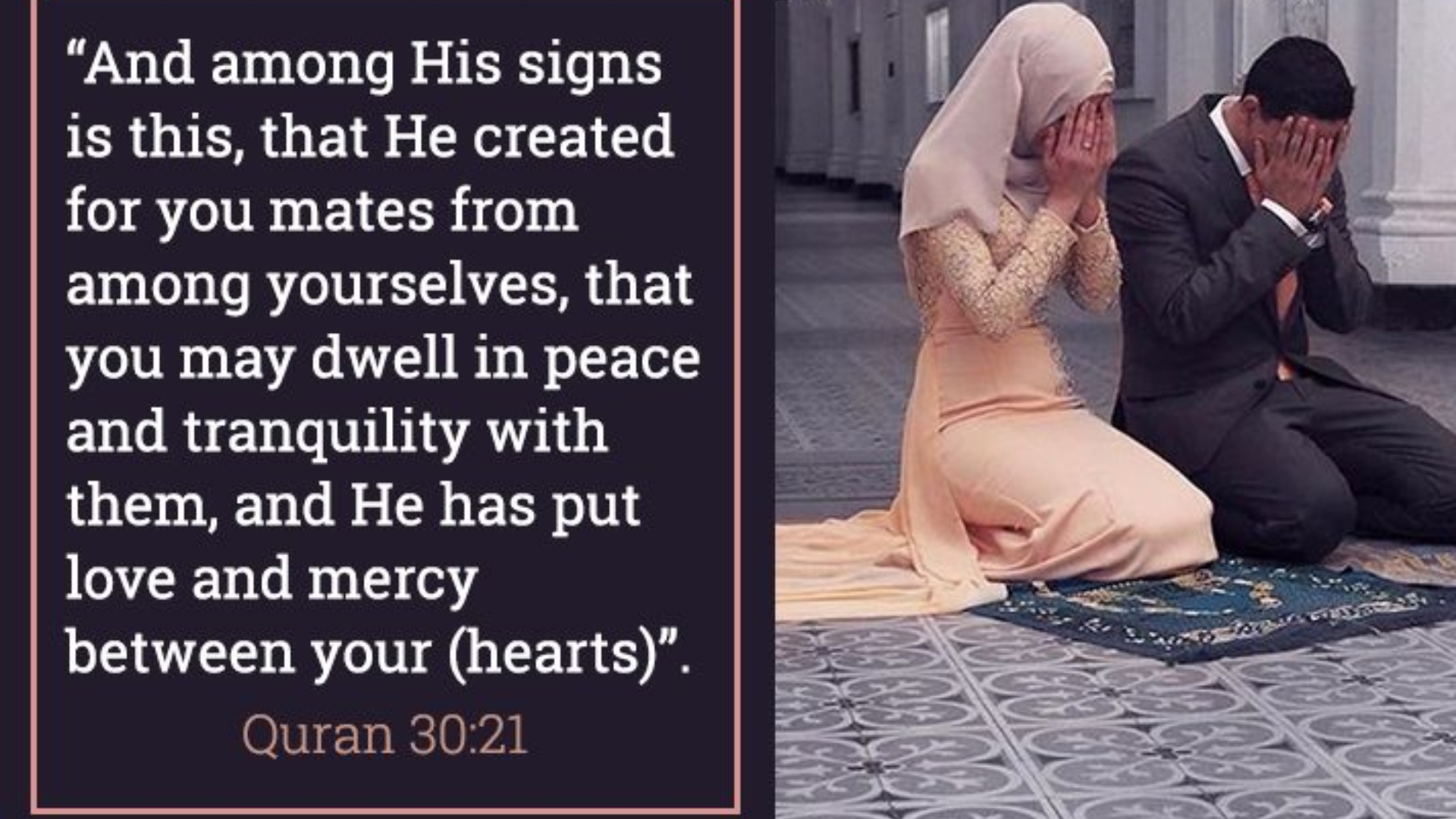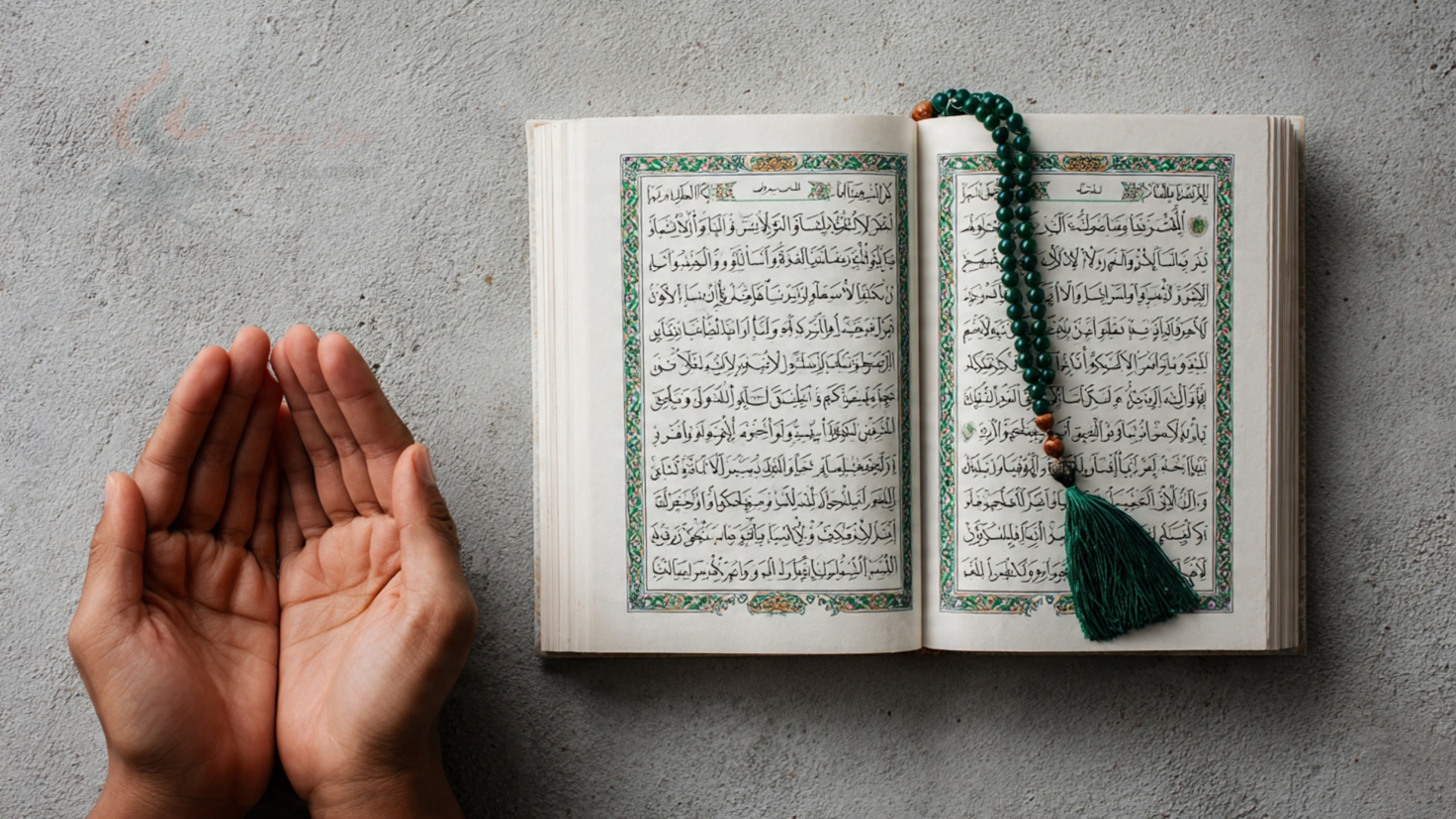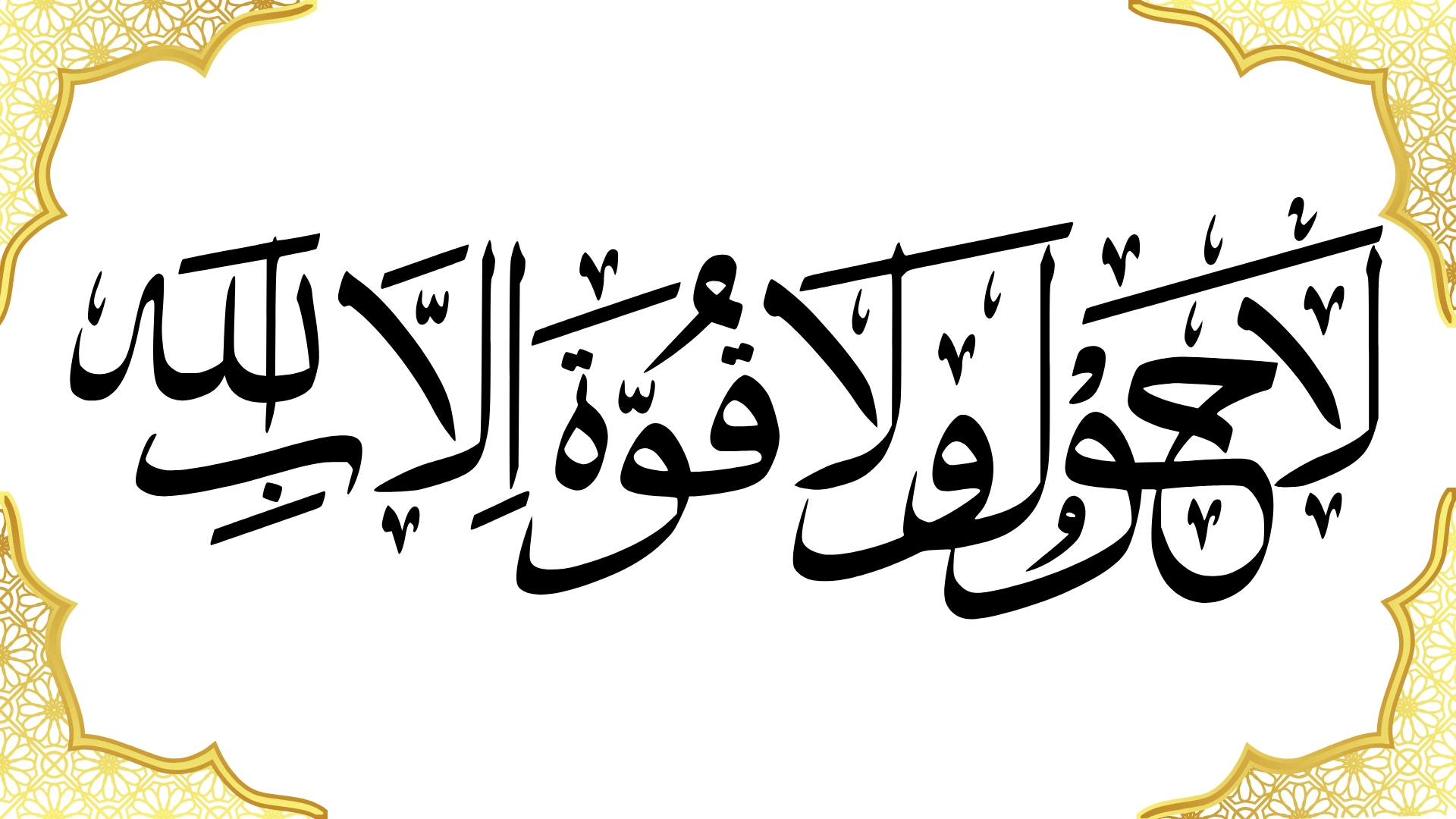Marriage in Islam is more than a union; it is a sacred bond guided by divine principles. The Quran illustrates it as a relationship of tranquility, compassion, and mutual respect. It transcends legal contracts, emphasizing spiritual and emotional partnership. This holy institution impacts personal growth, spirituality, and societal harmony.
Scholars and analysts view Quranic teachings on marriage as a framework rooted in equity and compassion. Studies highlight its emphasis on shared roles and responsibilities between partners. Marriage, as depicted, promotes harmony, spirituality, and dignity. Researchers often underline its timeless values and relevance. It serves as a profound model for building strong relationships and families.
Imagine a union where love and faith intertwine, creating peace and spiritual growth. This is the Quranic vision of marriage, a blend of responsibility and emotional connection. Such teachings inspire individuals and couples to reflect, grow, and thrive. Delve into these values and discover a path to harmony and fulfillment. This article explores the significance, principles, and guidance regarding marriage as outlined in the Quran, shedding light on its vital role in building harmonious relationships and strong communities.
Quranic Verses About Marriage
A Divine Bond Rooted in Tranquility and Compassion
The Quran elegantly describes marriage as a sacred bond meant to bring peace and contentment. One of the most poignant verses, Surah Ar-Rum (30:21), states:
وَمِنْ آيَاتِهِ أَنْ خَلَقَ لَكُمْ مِنْ أَنْفُسِكُمْ أَزْوَاجًا لِتَسْكُنُوا إِلَيْهَا وَجَعَلَ بَيْنَكُمْ مَوَدَّةً وَرَحْمَةً إِنَّ فِي ذَٰلِكَ لَآيَاتٍ لِقَوْمٍ يَتَفَكَّرُونَ
“And among His signs is that He created for you spouses from among yourselves so that you may find tranquility in them, and He placed between you affection and mercy. Indeed, those are signs for people who reflect.”
(Surah Ar-Rum, 30:21)
This verse emphasizes two key elements of marriage—affection and mercy. These qualities reflect the emotional and spiritual connection that nurtures a life-long partnership between spouses.
Equality and Partnership
The Quran underscores the equal value of men and women in marriage and the complementary roles they fulfill to strengthen their union. Surah An-Nisa (4:1) reminds mankind of their shared origin and encourages honoring the matrimonial bond:
يَا أَيُّهَا النَّاسُ اتَّقُوا رَبَّكُمُ الَّذِي خَلَقَكُمْ مِنْ نَفْسٍ وَاحِدَةٍ وَخَلَقَ مِنْهَا زَوْجَهَا وَبَثَّ مِنْهُمَا رِجَالًا كَثِيرًا وَنِسَاءً
“O humanity! Be mindful of Your Lord Who created you from a single soul, and from it created its mate, and through both spread countless men and women.”
(Surah An-Nisa, 4:1)
This verse establishes the foundation of companionship, emphasizing mutual respect and dignity. It frames marriage as a partnership rather than a hierarchy.
Guidance for Strong Foundations
The Quran also provides practical advice for establishing marriages on firm foundations. Surah An-Nur (24:32) encourages the community to support marriage and assures Allah’s provision for those concerned about financial constraints:
وَأَنكِحُوا ٱلۡأَيَامَىٰ مِنكُمۡ وَٱلصَّـٰلِحِينَ مِنۡ عِبَادِكُمۡ وَإِمَآئِكُمۡۚ إِن يَكُونُواْ فُقَرَآءَ يُغۡنِهِمُ ٱللَّهُ مِن فَضۡلِهِۦۗ وَٱللَّهُ وَٰسِعٌ عَلِيمٌ
“Marry those among you who are single and the righteous among your male and female servants. If they are poor, Allah will enrich them out of His bounty. And Allah is all-Encompassing and all-Knowing.”
This verse highlights the social importance of marriage, signaling the community’s role in fostering strong, god-conscious unions.

Roles and Responsibilities in Marriage
Marriage in Islam thrives on a balance of responsibilities and rights for both partners. These roles are geared toward maintaining harmony and fulfilling spiritual and worldly obligations.
The Duty of Mutual Support
The metaphor in Surah Al-Baqarah (2:187) encapsulates the essence of marital roles beautifully:
هُنَّ لِبَاسٌ لَّكُمْ وَأَنتُمْ لِبَاسٌ لَّهُنَّ
“They are clothing for you, and you are clothing for them.”
(Surah Al-Baqarah, 2:187)
Clothing protects, beautifies, and shields—qualities that spouses are encouraged to embody for each other. This verse conveys the importance of emotional, physical, and spiritual support within marriage. Partners are expected to uplift and complement each other, ensuring a safe and nurturing environment.
Financial Responsibilities
Islam designates men as financial providers within traditional family dynamics. Surah An-Nisa (4:34) explains this responsibility, stating:
ٱلرِّجَالُ قَوَّٰمُونَ عَلَى ٱلنِّسَآءِ بِمَا فَضَّلَ ٱللَّهُ بَعۡضَهُمۡ عَلَىٰ بَعۡضٖ وَبِمَآ أَنفَقُواْ مِنۡ أَمۡوَٰلِهِمۡ
“Men are the protectors and maintainers of women because Allah has given some of them more than others and because they support them from their wealth.”
(Surah An-Nisa, 4:34)
This provision is not a privilege but an obligation. It ensures that a husband’s financial contributions protect the well-being of his family. However, it also allows the wife to manage her earnings independently, exemplifying financial autonomy.
Respectful Communication
Many Quranic verses emphasize the importance of compassionate and respectful communication. For example, if marital disputes arise, Surah An-Nisa (4:35) advises:
وَإِنۡ خِفۡتُمۡ شِقَاقَ بَيۡنِهِمَا فَٱبۡعَثُواْ حَكَمٗا مِّنۡ أَهۡلِهِۦ وَحَكَمٗا مِّنۡ أَهۡلِهَآ إِن يُرِيدَآ إِصۡلَٰحٗا يُوَفِّقِ ٱللَّهُ بَيۡنَهُمَآ
“If you fear a rift between them, appoint an arbitrator from his people and an arbitrator from her people. If they both want reconciliation, Allah will bring them together.”
(Surah An-Nisa, 4:35)
Mutual effort, communication, and third-party arbitration when necessary hold significant importance in resolving conflicts.
Spiritual and Social Importance of Marriage
Building Strong Families and Societies
Marriage sets the foundation for family life, which is the nucleus of society in Islam. It provides a structure for passing down values, preserving culture, and offering emotional support. Surah At-Tahrim (66:6) highlights the need to build families that are spiritually grounded:
يَـٰٓأَيُّهَا ٱلَّذِينَ ءَامَنُواْ قُوٓاْ أَنفُسَكُمۡ وَأَهۡلِيكُمۡ نَارٗا وَقُودُهَا ٱلنَّاسُ وَٱلۡحِجَارَةُ
“O you who have believed, protect yourselves and your families from a Fire whose fuel is people and stones.”
(Surah At-Tahrim, 66:6)
This guidance underscores the family’s role in nurturing individuals rooted in moral and spiritual values, thereby strengthening the larger community.
A Path to Spiritual Growth
Marriage also plays a significant spiritual role. It serves as a means for believers to fulfill half of their faith, as indicated by a famous Prophetic tradition. Through shared worship, mutual encouragement in practicing Islam, and the conscious cultivation of good character, spouses can grow closer to Allah.
The Quran further emphasizes treating spouses with kindness even during disagreements. Surah An-Nisa (4:19) urges believers:
وَعَاشِرُوهُنَّ بِٱلۡمَعۡرُوفِۚ فَإِن كَرِهۡتُمُوهُنَّ فَعَسَىٰٓ أَن تَكۡرَهُواْ شَيۡـًٔا وَيَجۡعَلَ ٱللَّهُ فِيهِ خَيۡرٗا كَثِيرٗا
“Live with them in kindness. For if you dislike them, perhaps you dislike a thing, and Allah makes therein much good.”
This perspective encourages patience and forgiveness, reflecting the higher spiritual ideals marriage aims to instill.
Marriage as a Safeguard for Chastity
The Quran also recognizes the human need for intimacy and positions marriage as a healthy and dignified avenue for fulfilling this. Surah An-Nur (24:33) advises single individuals to remain patient until they can marry. Such guidance underscores marriage’s role as a safeguard for personal dignity and social stability.
A Unique Perspective on Quranic Marital Guidance
The Quran’s approach to marriage transcends mere rituals or contracts. It paints a vivid portrait of a relationship deeply rooted in emotional intimacy, spiritual unity, and mutual respect. By intertwining worldly responsibilities with spiritual obligations, marriage becomes a means to draw closer to Allah while contributing to a cohesive society.
Furthermore, it is essential to dispel cultural misconceptions that contradict Quranic principles. For instance, marriage in Islam is never about domination or one-sided authority. Instead, it is a “solemn covenant” (4:21) that thrives on shared goals, kindness, and obligations fulfilled sincerely.
Conclusion
The Quran frames marriage as a profound blessing designed to foster companionship, protect human dignity, and inspire personal and collective growth. By adhering to its principles of mutual respect, fairness, and spiritual focus, couples can create a life of harmony and barakah (blessing). Ultimately, their union is not just a commitment to each other but also an act of devotion to Allah.
Whether you are considering marriage, are already married, or simply seeking to deepen your understanding of Islamic teachings, the Quran offers timeless guidance. Its wisdom reminds us that a successful marriage is built on love, patience, and genuine efforts to reflect divine qualities in human relationships.




